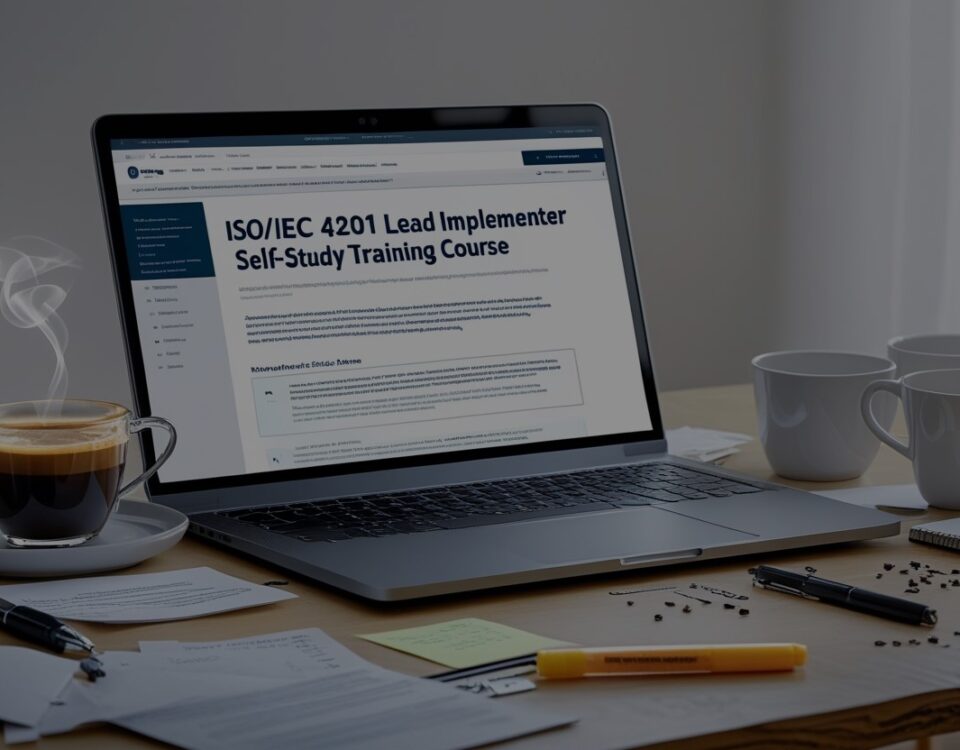Fundamental Principles of an Anti-Bribery Management System (ABMS)
This module provides an introduction to the key principles and concepts of an Anti-Bribery Management System (ABMS). Participants will explore the significance of bribery prevention, ethical business conduct, and regulatory compliance. The module highlights how an ABMS helps organizations mitigate bribery risks and foster a culture of transparency and integrity.
Anti-Bribery Management System Requirements
Understanding the structural and operational requirements of an ABMS is essential for its successful implementation. This module covers the core components of an anti-bribery framework, including risk assessment, policies, internal controls, reporting mechanisms, and leadership commitment, in alignment with international standards such as ISO 37001.
Planning an ABMS Implementation Based on ISO 37001
A strategic approach is required for the effective deployment of an ABMS. In this module, learners will explore the planning phase of implementation, focusing on setting objectives, conducting risk assessments, defining roles and responsibilities, and establishing the necessary policies and procedures to comply with ISO 37001 requirements.
Implementing an ABMS Based on ISO 37001
Once a plan is in place, organizations must execute the necessary steps to integrate an ABMS into their operations. This module covers the implementation process, including employee training, due diligence procedures, whistleblowing mechanisms, and internal audits. The focus is on practical application to ensure compliance and effectiveness.
Monitoring, Measurement, and Continual Improvement of an ABMS Based on ISO 37001
An effective ABMS requires ongoing monitoring and evaluation. This module explores methodologies for measuring performance, conducting internal audits, addressing non-conformities, and implementing corrective actions. Learners will gain insights into how organizations can ensure continual improvement and maintain compliance over time.
Preparation for an ABMS Certification Audit
Organizations seeking ISO 37001 certification must undergo a rigorous audit process. This module prepares learners for the certification audit by covering audit readiness, documentation requirements, common challenges, and best practices for demonstrating compliance. The objective is to ensure a smooth and successful certification process.






